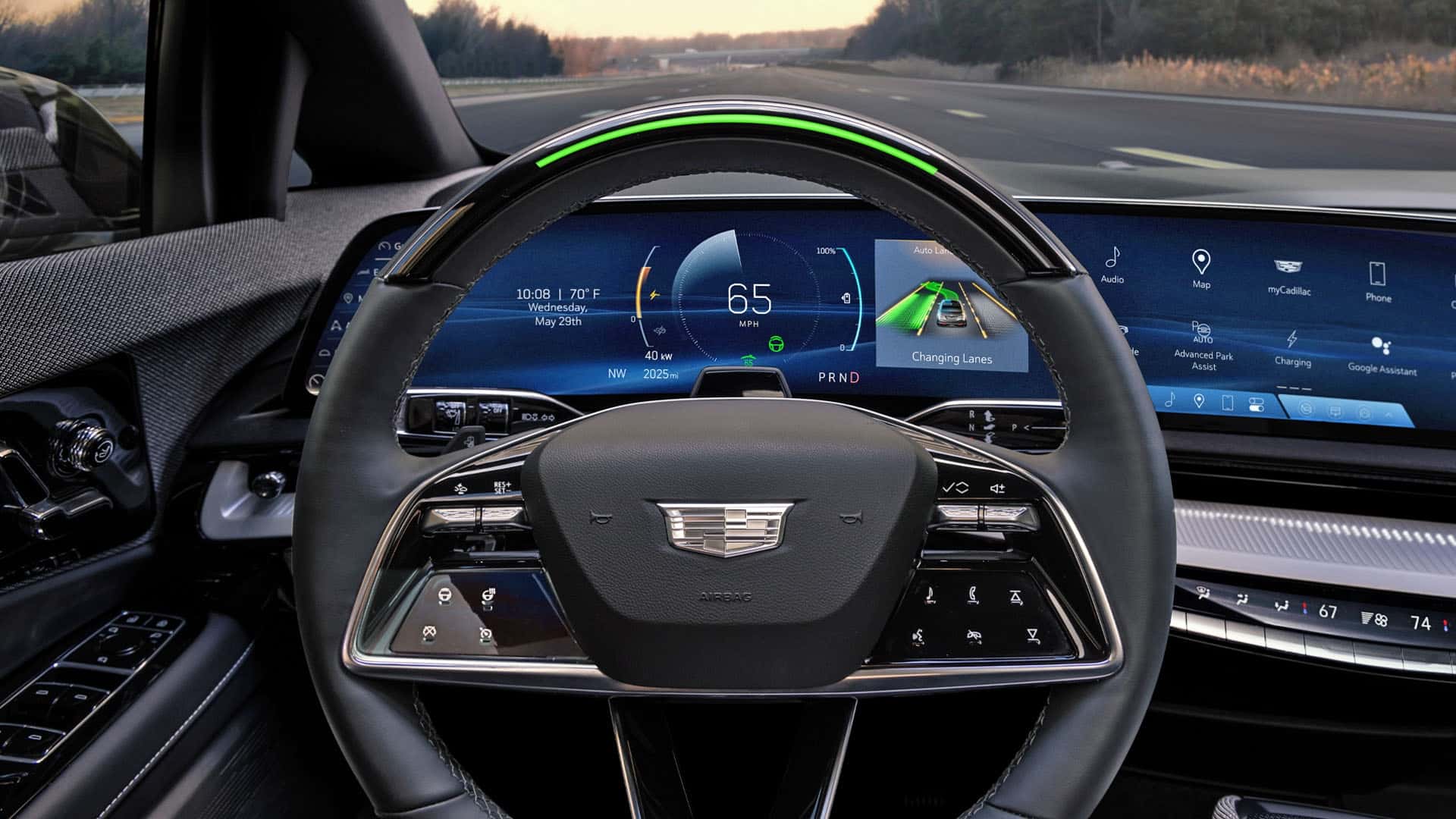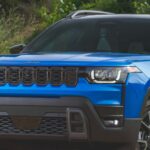
The battle over who owns and controls your driving knowledge is being fought in courtroom. Normal Motors is dealing with a multi-district lawsuit that claims the Detroit-based automaker allegedly violated its clients’s privateness by amassing and promoting their driving data with out correct consent. Nevertheless, GM is arguing it didn’t violate their privateness as a result of “driving a automobile—which essentially includes conduct that takes place on public roads—can not kind the idea for any privacy-based declare.”
Based on GM’s submitting to dismiss the case, “states don’t allow invasion of privateness claims which can be primarily based on public conduct,” although particular state legal guidelines fluctuate relating to invasion of privateness claims. In Georgia, the place this case is filed, observing somebody “in a public place just isn’t an intrusion upon one’s privateness.”
Additionally, many states observe the Restatement of Torts, which says that observing an individual’s public conduct, even on a “public freeway,” can not represent a violation of that particular person’s coverage as a result of their “conduct is public and open to the general public eye.”
For instance: if somebody movies you publicly breaking the legislation in a automobile, it may be used in opposition to you in courtroom.
As GM notes, “Driving knowledge consists of automobile location, driving routes, braking occasions, and pace, all of which happen on “public thoroughfares,”” citing a 2015 case the place a courtroom decided that somebody being surveilled by drone didn’t have their privateness violated as a result of the surveillance occurred in a public place.
Whereas the plaintiffs declare of their submitting that they’d a “affordable expectation of privateness” relating to their driving habits, GM states “roadways are public, and these behaviors are noticed by all.”
LexisNexis and Verisk, which bought driving knowledge from GM and are additionally defendants, made the same declare in its request to dismiss the case. “Plaintiffs allege that Driving Knowledge was collected from their automobiles as they drove on public roadways,” the 2 stated in its submitting. “Courts persistently maintain there is no such thing as a affordable expectation of privateness in driving exercise on public roads.”
This is only one argument the defendants are utilizing of their effort to dismiss the case. The plaintiffs additionally allege the automaker violated the Federal Wiretap Act, the Saved Communications Act, and the Pc Fraud and Abuse Act, which GM and OnStar counter of their 111-page submitting. GM discontinued its Good Driver program in April 2024, which was amassing driver knowledge.
GM isn’t fallacious to say that public conduct is observable by all, however at the moment’s degree of surveillance leaves little room for folks to cover. I keep in mind being repeatedly instructed in driver’s training that driving was a privilege, not a proper, and {that a} state might revoke a license as rapidly because it issued it for those who broke the legislation.
That usually meant a police officer needed to catch you breaking the legislation and situation you a ticket, which you might problem in courtroom in hopes of lowering it to a lesser offense. Now, your automobile can log each infraction you commit, intentional or not, and transmit that knowledge to an automaker that would then promote it to your insurance coverage firm, probably elevating your charges, with no quotation wanted or means to plead right down to a lesser cost.
If all this knowledge is being collected, bought, and used in opposition to you, what’s the purpose of driving in any respect?
…………………………………………………..
AI IT SOLUTIONS – BLOG4CARS.COM
Subscribe Us.










